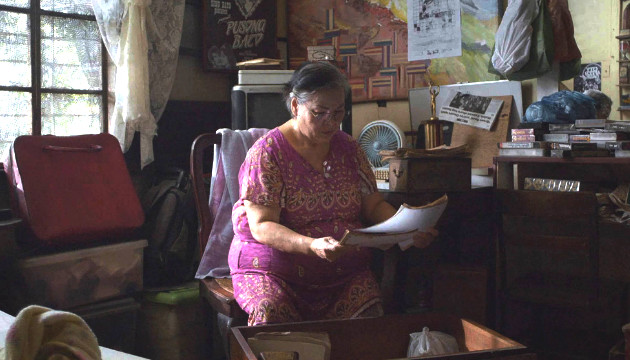May 1, 2024 — The Philippines and United States are holding their biggest military exercise from April 22 to May 10, 2024 amid tensions in the contested South China Sea.
More than 16,000 troops from the two allied nations are training together in Balikatan 2024.
“Balikatan” is a Filipino word meaning “shoulder-to-shoulder”.
Balikatan 2024 is the 39th joint military drill between the Philippines and the U.S.
Among the countries participating as observers is Canada, which is looking to strengthen military relations with the Philippines.
The Armed Forces of the Philippines (AFP) is hosting an international observer program with 14 countries participating, including Canada.
The other observer-nations are Brunei, France, Germany, Great Britain, India, Indonesia, Japan, Malaysia, New Zealand, Republic of Korea, Singapore, Thailand, and Vietnam.
The U.S. Embassy in the Philippines announced that contingents from the Australian Defence Force will participate in Balikatan for the first time.
Also joining the Philippine-U.S. war games is the French Navy.
The American embassy related that “participants will execute a range of complex missions across domains, including maritime security, sensing and targeting, air and missile defense, dynamic missile strikes, cyber defense, and information operations”.
The Philippines and Canada have agreed to deepen their defence ties.
On January 19, 2024, Philippine Defense Secretary Gilberto Teodoro Jr. and Canadian Ambassador to the Philippines David Hartman signed a memorandum of understanding on defence cooperation.
“I'm glad to hear that there is a strong intention on both sides to deepen and strengthen the relationships by forging new milestones in our defense relations to culminate, perhaps, with the Visiting Forces Agreement,” Teodoro Jr. said in an official media release.
A visiting forces agreement sets out guidelines for foreign military and civilian personnel in a host country.
The signing of the memorandum of understanding coincides with this year’s 75th anniversary of the establishment of diplomatic relations between the Philippines and Canada.
The media release stated that the agreement “jumpstarts cooperation between the defense and military establishments of Philippines and Canada on military education, training exchanges, information sharing, peacekeeping operations, disaster response, among others”.
In the same release, Teodoro Jr. stated: “The strongest assets we have are the mutual trust and confidence that we have in one another on a people-to-people basis, and because we are dealing with each other in a straightforward, open, and on a rules-based manner, such trust is reinforced and will surpass political changes and the tests of time.”
For his part, Hartman indicated in the release that Canada intends to advance its relations with the Philippines and the entire Indo-Pacific region.
On November 27, 2022, Canada launched its new Indo-Pacific Strategy, which will guide the country’s engagement with the region over the next decade.
An official media release stated that the strategy covers economic growth, peace and security, sustainable development, and people-to-people ties.
“The central tenet of the Indo-Pacific Strategy is acting in Canada’s national interests, while defending our values. It positions Canada as a reliable partner to the region, now and into the future,” the release explained.
Balikatan 2024 will include a joint sail in the South China Sea, also known as West Philippine Sea.
Six nations have competing sovereignty claims in the South China Sea. These are China, Philippines,
Vietnam, Taiwan, Malaysia, and Brunei.
Balikatan 2024’s joined information bureau indicated that the joint sail by U.S. and Philippine forces in the South China Sea will include attacks on an “enemy” vessel in Philippine waters.
There had been several confrontations between Philippine and Chinese ships in the South China Sea.
Canada backs a 2016 ruling by the Permanent Court of Arbitration that said China's claims in the South China Sea has no legal basis, a finding that China rejects.













